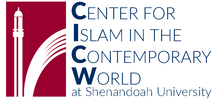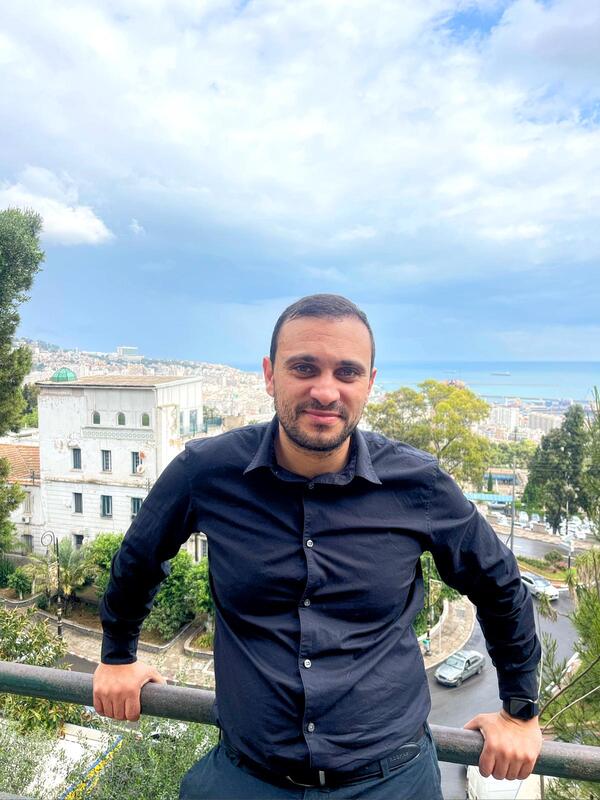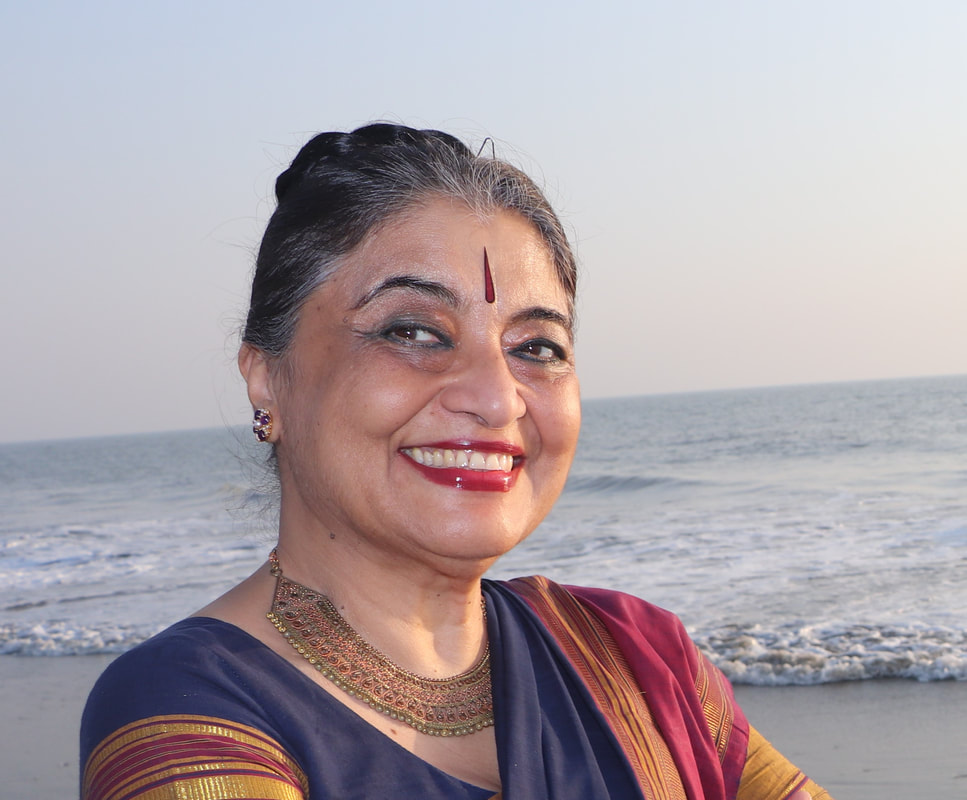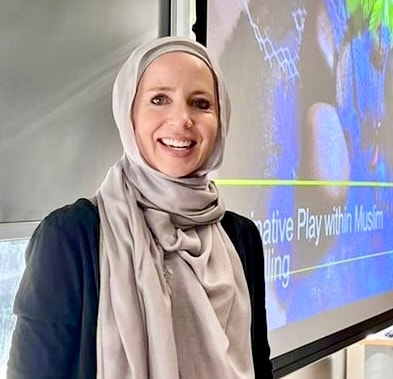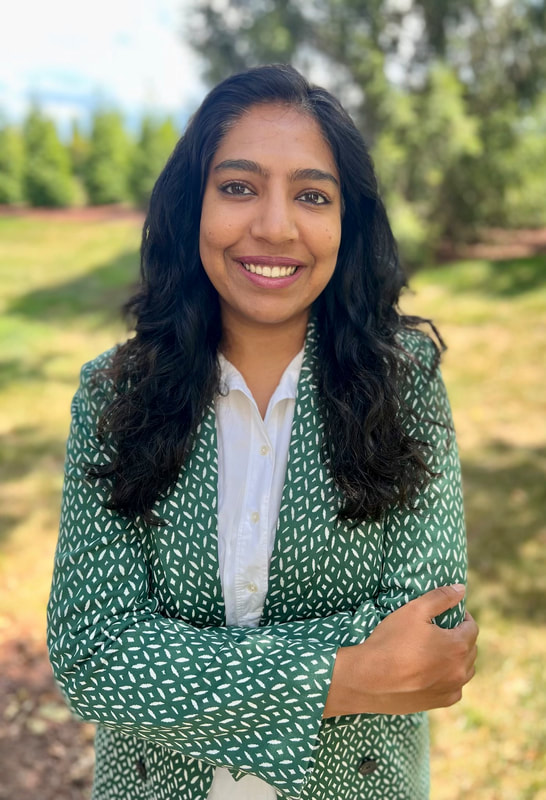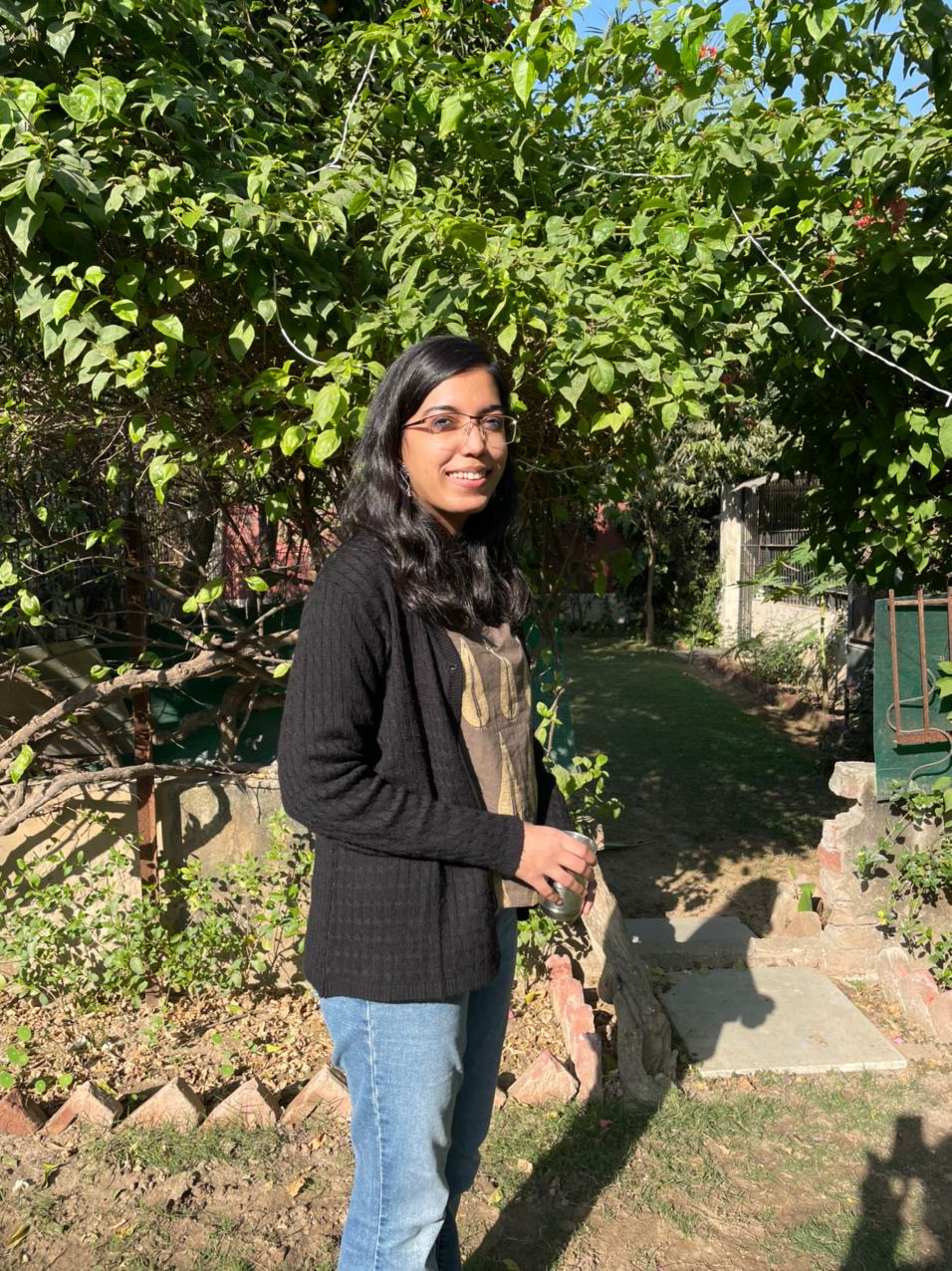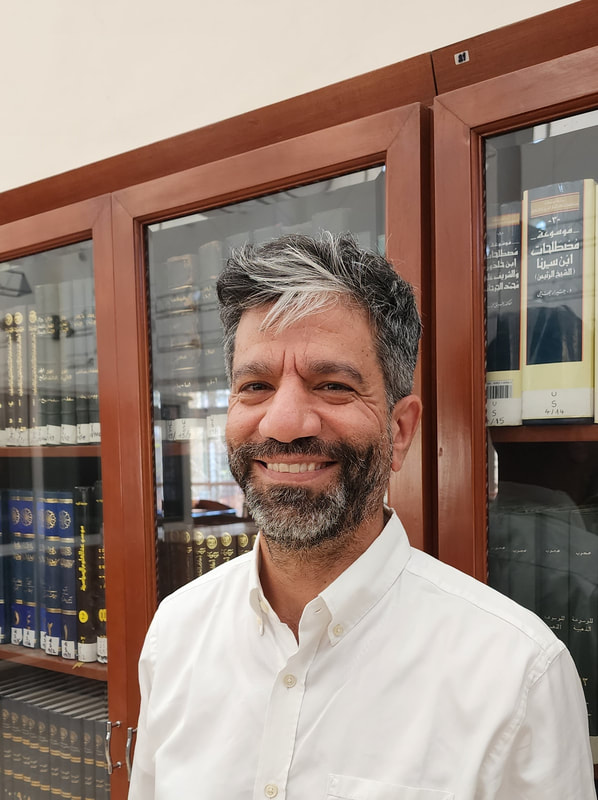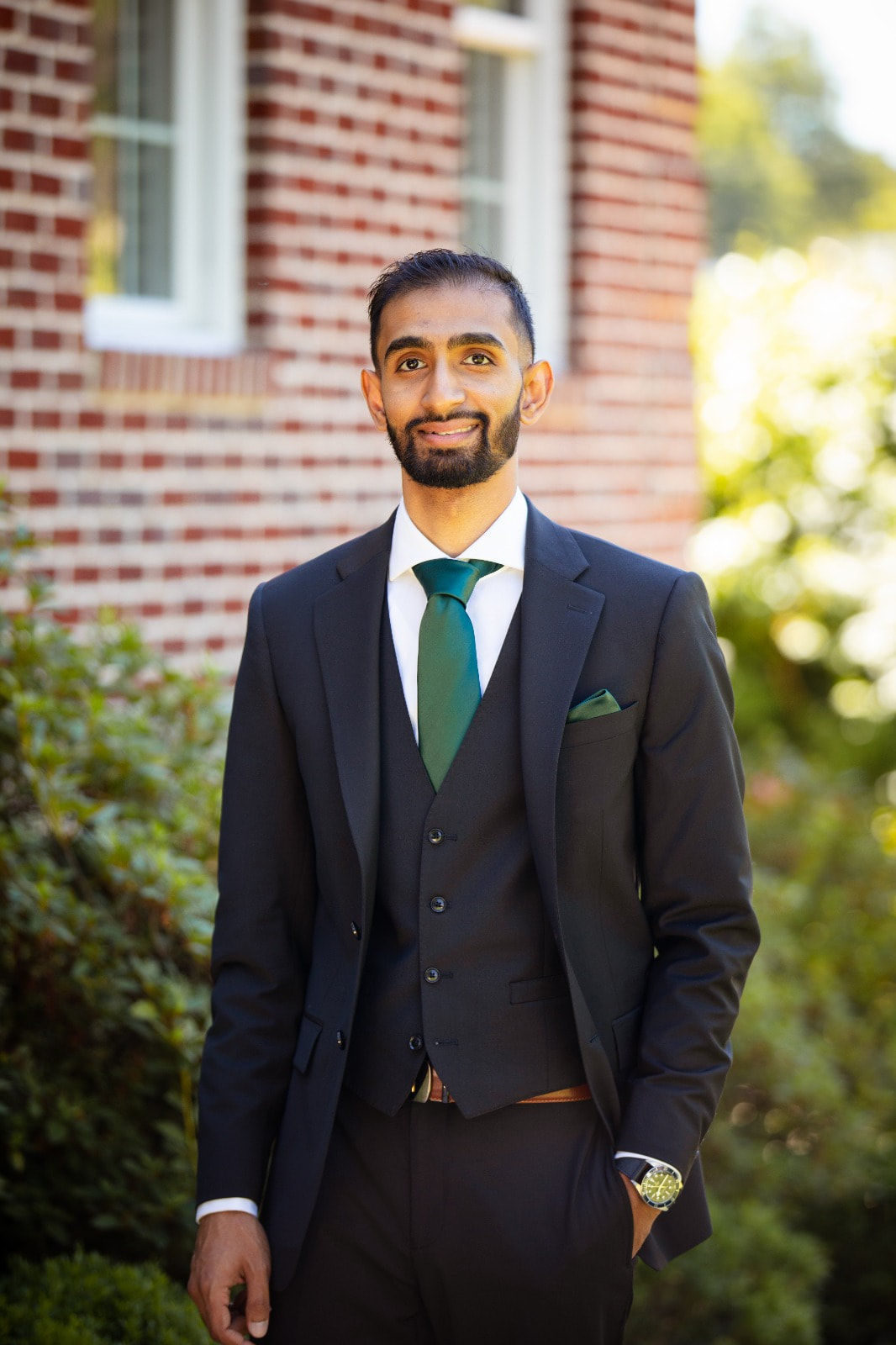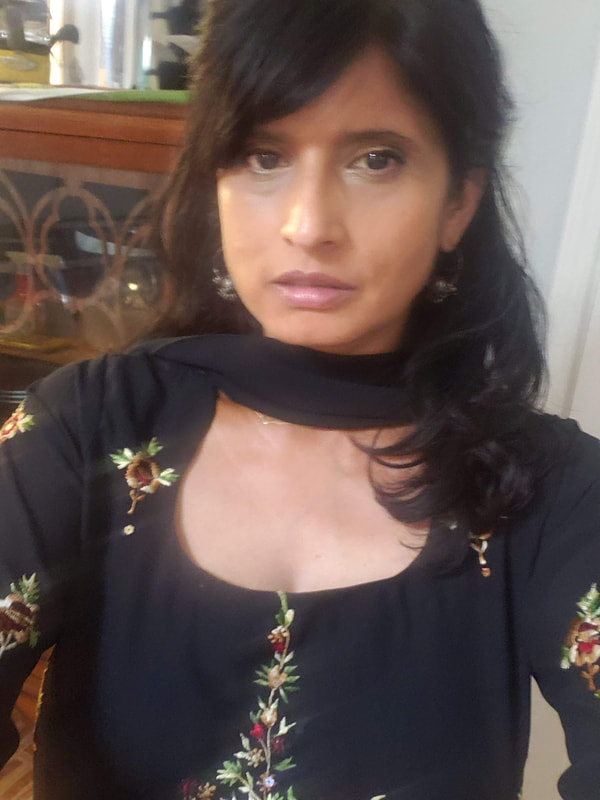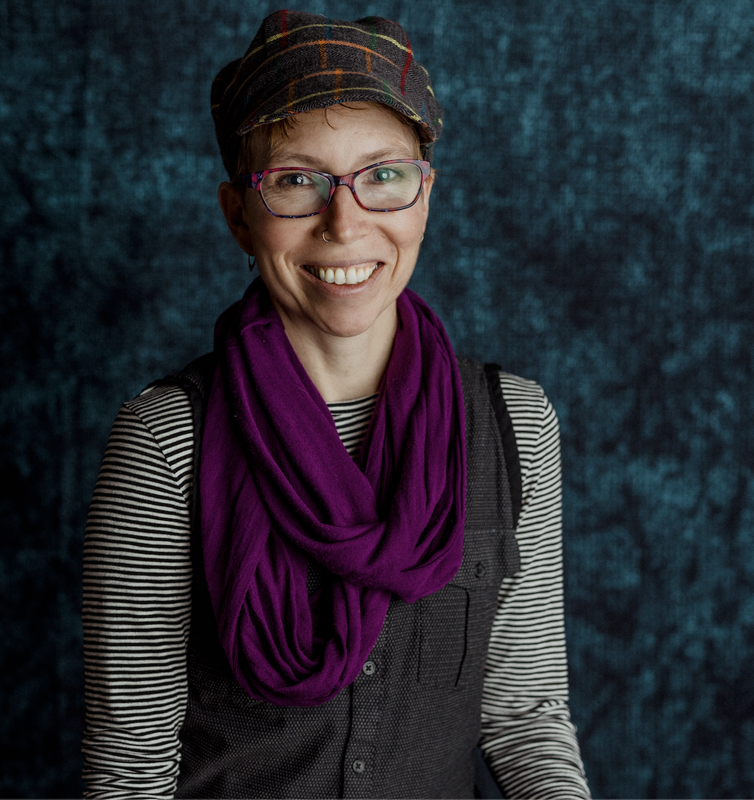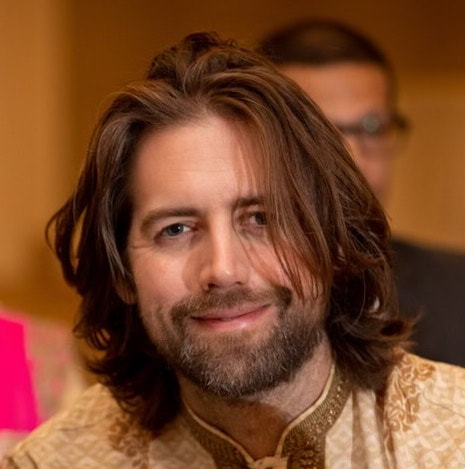2023 GRANT RECIPIENTS
This year's grants have been awarded under our "Islam on the Edges" and "Islamic Education" research programs. We are honored to have been able to award research grants to such an accomplished and diverse group of scholars and researchers. To learn more about "Islam on the Edges" and "Islamic Education" please click here.
Brahim Afrit
|
Brahim Afrit is a Ph.D. student at the University of Florida. He graduated in Public Affairs from the Paris Institute of Political Studies (SciencesPo) and Entrepreneurship from HEC Paris Business School before starting a career as a social entrepreneur in education in Algeria. As part of his research, Brahim explores the relationship between the religious and the secular through the interplay of religion, nation-state, and education. More particularly, he studies some current dynamics underlying the formation of a ‘national religion’ in the service of secular governance and nation-building in post-colonial Muslim-majority societies, specifically focusing on Algeria.
Translating the Umma: Education, Islam, and Nation-state in Algeria Brahim is currently working on a comparative study between Algeria, Tunisia, Morocco, and Egypt, with the prospect of looking more in detail at how the ‘ūlamā’ are trained today and how they are encouraged through specific pedagogical approaches to promote religious knowledge that aligns with the agenda of their respective states of which they are also citizens and representatives. This framework offers Brahim to intervene in broader academic debates on the interplay of the secular and the religious through state governance as it comes out of the relationship between the state and the ‘ūlamā’ and engages with notions such as nationalism, liberalism, pluralism, the majority- minorities relationship and gender. More particularly, his study aims to locate the dynamics underlying this relationship at three levels: first at the level of the secular nation-state itself, then at the level of the relationship state-‘ūlamā’ and finally, among the ‘ūlamā’ themselves through internal criticism. |
Fauzia Erfan Ahmed
|
Dr. Fauzia Erfan Ahmed's research interests in gender empowerment and development reflect her professional experiences, which combine grassroots work with Non-Governmental Organizations and policy planning with the United Nations Development Program. She has worked in Indonesia, Thailand, India, and Bangladesh. Ahmed has published on topics, such as, Islam and masculinity, women sweatshop workers, and Muslim women's leadership in various journals ranging from Feminist Economics to the International Journal of Feminist Politics. She is currently researching Muslim Rohingya adolescent masculinities in the refugee camps in Bangladesh. Ahmed's book manuscript entitled, Microcredit and Masculinity, is under contract with the University of California Press, Berkeley.
Microcredit, Masculinity, And Islam: Socio-Religious Entrepreneurs in Bangladesh How can Muslim men enable Islam to evolve as a culture? Findings of an ethnography of Bangladeshi men and women, who are also microcredit loanees, reveal three masculinities: 1.) Oppressive men who, utilizing patriarchal Islamic interpretations of purdah, forbid their wives to even become microcredit loanees; 2.) "Mixed" men who allow their wives to become loanees―if the husband controls the profits, and 3.) Progressive men who, applying feminist interpretations of the Quran, not only encourage their wives to become loanees but also to run for public office. Dr. Ahmed analyzes these men as socio-religious entrepreneurs because their heterodox arguments enable Muslim society to evolve. By revealing Muslim masculinity as a spectrum, which includes the more secular "mixed" masculinity, Dr. Ahmed's investigation reveals nuance instead of zero-sum binaries of the "good" versus "bad" Muslim man. The chapter, "Microcredit, Masculinity, and Islam" in her book manuscript, Microcredit and Masculinity, encapsulates this analysis. |
Tazeen M. Ali
|
Tazeen M. Ali is a scholar of Islam and gender in the United States. She earned her doctorate in Religious Studies from Boston University in 2019. Her research and teaching focus on Islam in America, gender and sexuality, race and religion, and Islam in popular culture. Her first book The Women’s Mosque of America: Authority & Community in US Islam (NYU Press: November 2022) analyzes how American Muslim women negotiate the Islamic tradition to cultivate religious authority and build gender-equitable worship communities. She is currently assistant professor of Religion and Politics at Washington University in St. Louis.
Muslims on TV: Politics, Sex, and American Islam in Popular Culture Her current book project investigates how cultural discourses are constructed and negotiated through the lens of entertainment media productions released by American and British Muslims between 2016 and 2021. These new productions offer nuanced narratives around American and British Muslim life but also constitute a new cultural discourse with its own exclusionary set of logics across gendered and racialized lines. Her book attends to this new wave of media and the logics that underpin and subvert their success, intervening within debates over the politics of minority representation in studies of religion, gender, and media. |
Claire Alkouatli
|
Dr. Claire Alkouatli is a Research Fellow at the Cambridge Muslim College in the UK and a Lecturer at the University of South Australia, Centre for Islamic Thought and Education. Claire did a PhD in Human Development, Learning, and Culture at the University of British Columbia, in Vancouver, Canada, with a specialization in research methodology. Her qualitative research focuses on the roles of culture, relationships, and pedagogies—particularly imagination, play, dialogue, inquiry, and challenge—and their connections to human development across the lifespan.
Conceptualizing Human Development within an Islamic Paradigm: Muslim Scholars’ Voices While much is known about advancing cognitive, physical, and social-emotional development, in the mainstream literature, little empirical research exists on human development within the Islamic tradition. There may be unique pathways to development, including those integrative of cognitive, social-emotional, physical, and spiritual development, towards unique objectives including expanded God-consciousness (taqwa) and intentional self-refinement towards excellence (ihsan). How the development of these psychological functions occurs is currently not well understood and calls for interdisciplinary investigation. This study’s rationale is to inquire into human development within Islamic tradition by interviewing key experts and to discern implications for Islamic education and Islamic psychology. The primary research question is: What are precipitators, mechanisms, or pathways to human development in the Islamic tradition? Semi-structured interviews will be conducted over one year with expert informants in Muslim-minority/-majority contexts, including in USA and Canada. |
Katherine Bullock
|
Katherine Bullock is a lecturer in Islamic politics in the Department of Political Science, University of Toronto at Mississauga. She is a TV host for Sound Vision Foundation’s Muslim News Canada, and President of Compass Books, dedicated to publishing top-quality books about Islam and Muslims in English. Her research focuses on Muslims in Canada, their history, contemporary lived experiences, political and civic engagement, debates on the veil, media representations of Islam and Muslims, and Muslim perspectives on zakat and Basic Income. Her latest research studies how Muslim healthcare workers cope with workplace anti-Muslim racism. Originally from Australia, she embraced Islam in 1994.
Coping Strategies of White Converts to Islam: Adjusting to a New Identity Her research explores through qualitative interviews how white converts cope with reactions to their conversion from their families, friends, workplace, and the wider society. We will look at positive and negative coping strategies. We will explore how they do, or do not, become comfortable in their new Muslim identity. White converts have a unique position in the white majority society - their race classification makes them part of the majority, but their religious classification makes them part of a minority that is discriminated against - an Islamic lifestyle on the edges of both being Muslim and being White. |
Lailatul Fitriyah
|
Lailatul Fitriyah is an Indonesian, Muslima feminist scholar who focuses on comparative Muslim and Christian feminist theologies, decoloniality, gender, and religions in Southeast Asia, and feminist interreligious dialogue. She is currently an Assistant Professor of Interreligious Education at the Claremont School of Theology in Los Angeles, where she teaches courses in Feminist Interreligious Dialogue, Decolonial Theories and Religions, Racism and Islamophobia, and Ethnography and Theologies. She is one of the co-founders of Feminist Theologies in Global Context, a monthly forum where the general public discusses Muslim and Christian feminist theologies in light of contemporary issues, and is also the founder of Indonesian Decolonial Forum, a monthly virtual meeting in which every day Indonesians discuss structural oppressions in the context of postcolonial Indonesia. Her publications can be read in journals such as: The Muslim World, Religions, and Interreligious Relations. She currently sits on the Board of Advisors for the Journal of Interreligious Studies.
Border Theologies: Communing with an Anti-Patriarchal, Anti-Capitalist God Between Indonesia and Singapore is Lailatul's first book project in which she interrogates the constructions of Muslim and Christian anti-patriarchal theologies from the lives of Indonesian female migrant workers (FMWs) who work and live in Singapore. This project aims to locate the Indonesian FMWs as the border theologians that they are. Through an anthropological observation of the FMWs’ daily work and lives, She positions the FMWs’ embodied religiosities as fragments of Muslim and Christian theologies that show the transnational faces of both religious traditions in diaspora. Furthermore, the project also examines the ways in which the Indonesian FMWs understand the oppressive structure that they work and live in through Islamic and Christian theological perspectives. |
Harini Kumar
|
Harini Kumar (Ph.D. University of Chicago) is a postdoctoral research associate at the M.S. Chadha Center for Global India, Princeton University. She is a sociocultural anthropologist whose research focuses on Islam and Muslim societies in South and Southeast Asia, and the Americas. Her scholarship lies at the intersection of lived religion, kinship, gender, the built environment, and migration and mobility. Her current book manuscript is titled "Formations of Tamil Islam: Belonging, Place, and Historical Consciousness in South India." Dr. Kumar's research has been supported by the Wenner-Gren Foundation and the American Institute of Indian Studies. She is also a co-PI in a multi-year, collaborative research project, "Logistics in the Making of Mobile Worlds," funded by the Neubauer Collegium for Culture and Society at the University of Chicago.
"The Logistics of Religiosity: Transoceanic Muslim Mobility from the Bay of Bengal to the Caribbean" examines the connections between South India, Southeast Asia, and the Americas through the enduring legacy of a 16th century Muslim saint. She proposes "logistics" as a lens through which to study less visible circuits of religious mobility, specifically the infrastructures of circulation and exchange that give rise to racialized "hybrid" cultures. By investigating the hitherto unexplored links between Tamil Islamic practices, migration across the Bay of Bengal, and post-plantation Caribbean society, this project aims to show how Muslim communities have remained connected across borders despite the tightening of territorial boundaries and rising ethnonationalism. Her multi-sited research will ethnographically trace present-day continuities with older logistical networks of trade, indentureship, and migration, providing new perspectives on religious belonging that emerge from an interconnected ocean space. The CICW grant will enable research in Guyana and New York City. |
Nisa Muhammad
Sumaira Nawaz
|
Sumaira Nawaz is a PhD Candidate at McGill University's Institute of Islamic Studies. She received her BA in English literature from St. Stephens College, Delhi University and MA in Languages and Cultures of South Asia from SOAS, University of London where she was generously funded by the Felix Scholarship. Her MA thesis explored the evolving concept of “sharāfat” (respectability) through children’s literature, colonial textbooks, and parenting treatises in Urdu. Sumaira is currently interested in exploring the global expanse of Persian language print culture and its corresponding intellectual networks that developed towards the late nineteenth century.
Trans-Border Affiliates: Debating Ottoman Reforms in Transregional Persian Language Periodicals, 1876-1911 Her present research project Transborder Affiliates: Debating Ottoman Reformist Thought in Transregional Persian Language Periodicals, 1876-1911 focuses on periodical culture that developed across the Ottoman Empire, Qajar Iran, and other Persian speaking geographies. This study analyses the relevance of Persian language periodicals in sustaining an “ideosphere” between widespread regions, whereby readers flirted with new ideals of constitutional thought, civic culture, and citizenship within an Islamic framework. The objective of this project is to re-orient global history of political modernity towards “East-East” textual relations and redress contemporary historiography’s heavy reliance on abstractly conceived “westernisation” as primary vector of intellectual exchange and influence among Islamic empires. |
Walid Ahmad Saleh
|
Walid Ahmad Saleh is Professor of Islamic Studies at the University of Toronto. He is a specialist on Qur'anic exegetical tradition (Tafsir) and the Qur'an. He is the author of two monographs and more than 45 articles. Professor Saleh is the recipient of many fellowships including Konrad Adenauer Fellowship from Humboldt Foundation. His First monograph The Formation of the Classical Tafsir Tradition (Brill, 2004) has come out in an Arabic translation Tashakkul al-Tafsir al-Klasiki (Namaa, 2022). He is working on an Introduction to the Tafsir tradition.
The History of al-Jalalayn: Tafsir Education and Glossing The history of teaching Tafsir in the Madrasa system has used three Qur'an commentaries to teach this art. The earliest and the first was oal-Kashshaf of al-Zamakhshari (d. 538/1144). The problem with al-Kashshaf was that it was a Muꜥtazilite Qur'an commentary used in Sunni circles. Soon Sunni Muslims adopted a cleaned up version of this work, this was Anwar al-Tanzil of al-Baydawi. This Qur'an commentary will dominate the field of Tafsir for the past four centuries. A minor, yet important, third work was al-Jalalayn of al-Suyuti. This was a mostly Ottoman Egyptian development. The current research that he intends to write is to chart the development and the use of this Tafsir in teaching of Qur'an commentary. There is no study on this work and the glosses written about it. He is hoping that with this article he would have covered the three major Tafsir works that were glossed. |
Umar Shareef
|
Umar Shareef is a doctoral candidate in the Department of Arabic and Islamic Studies at Georgetown University. He received his BA (summa cum laude) from Tufts University with a double major in Arabic and Political Science. As a part-time lecturer, he teaches classes on Islamic law and legal history. Combining Foucault's genealogical method with Talal Asad's theory of discursive traditions, his research studies the genealogy of the legal concept ‘restricting the permissible' (taqyīd al-mubāḥ). In doing so, it traces the interplay between 17th-21st centuries Islamic law and politics by investigating questions of who has authority to determine religious law. His research has been published in the journals Islamic Law and Society as well as American Journal of Islam and Society.
The relationships between state actors, non-state legal specialists, and religious jurists to better understand contemporary Islamist politics that aim to apply Islamic law. In Egypt, the establishment of a mixed court system and secular schools ca. 1800s reduced the legal authority of religious scholars to personal status laws. In family law, educated groups like the Egyptian Feminist Union (EFU) competed with many traditionally trained jurists. In the 1920s, the EFU proposed that the government advance gender equality by employing ‘restricting the permissible' (taqyīd al-mubāḥ) to limit polygyny and divorce. Because some religious elites viewed family law as the last domain of their influence, they resisted the EFU proposal, claiming that taqyīd al-mubāḥ does not apply to divorce and polygyny. His research argues that these jurists limited taqyīd al-mubāḥ in response to their deteriorating legal authority. While parliament did not ratify the EFU proposal, it passed centrist reforms to acquiesce both sides. His study of this twentieth-century Egyptian legal debate illustrates the ways in which modern political and religious authorities negotiate legislative power. |
Farha Ternikar
|
Farha Ternikar (Ph.D., Sociology, M.A. Religious Studies) is the director of Gender, Women and Sexuality Studies at Le Moyne College, Syracuse. She currently teaches courses in feminist theory, and Sociology of Gender. As a Muslim feminist Sociologist, her scholarship and teaching both highlight her commitment to anti-racism and transnational intersectionality.
She is the author of the book, "Intersectionality and the Muslim South Asian Middle Class: Beyond Hijab and Halal" (2021), and several articles including "Beyond Hijab and Modest Fashion", "Feeding the Muslim South Asian American Family", and "Hijab and the Abrahamic Traditions". Her forthcoming piece "Muslim American Women" co-authored with Inaash Islam in Encyclopedia of Women and Islamic Cultures will be published fall 2023. "Faith and Food Networks: Muslim women's acts of resistance and resilience in the American Diaspora" examines how in addition to race and gender, global Islamophobia continues to play an important role in how we can understand the role of food for Muslim communities both in the United States and India. This project is based on ethnographic field work in the Muslim community in Florida. Through both participant observation and content analysis of recipes/food memoirs, this manuscript highlights the importance of studying food as a way of understanding how religion intersects with race, class and gender for culinary placemaking in Muslim immigrant communities. |
Katrina Daly Thompson
|
Katrina Daly Thompson is Evjue-Bascom Professor in the Humanities and Professor of African Cultural Studies at the University of Wisconsin-Madison, with additional affiliations in Religious Studies, Anthropology, and Gender and Women’s Studies. The author of Muslims on the Margins: Creating Queer Religious Community in North America (NYU Press, 2023), Popobawa: Tanzanian Talk, Global Misreadings (Indiana, 2017), and Zimbabwe’s Cinematic Arts: Language, Power, Identity (Indiana, 2012), Thompson has also published recent work in the African Studies Review, American Anthropologist, and the Journal of Linguistic Anthropology.
Language, Religion, and Gender in Islamic Radio: An Ethnography of Radio Nuur in Tanga Thompson will conduct ethnographic research at a non-denominational Islamic radio station in Tanzania to explore relationships between the station, its listeners, and the wider Muslim community. The study will focus on the station's goals, impact on Muslim women's involvement in broadcasting and/or listening, and use of Swahili. Through a linguistic anthropological approach, the research aims to understand the complex relationships between language, gender, religion, and media and the role of Islamic radio in shaping Tanzanian Muslims' sense of belonging. Thompson will use relational ethnography to document the station's environment and dynamics. Findings will contribute to understanding Islam, Swahili, Muslim women, and African broadcasting. |
David H. Warren
|
David H. Warren received his PhD from the University of Manchester in 2015 and is currently Lecturer of Middle East Studies & Arabic at Washington University in St. Louis. His research considers how the Muslim scholarly elite in the modern day have engaged with authoritarian regimes across the Arab World, and some of the different ways this has impacted their intellectual production. His first book, Rivals in the Gulf: Yusuf al-Qaradawi, Abdullah Bin Bayyah, and the Qatar-UAE Contest Over the Middle East and the Gulf Crisis was published by Routledge in 2021.
Religious Tolerance Promotion in the Arab Gulf States: Minorities, Interfaith Dialogue, and the Abraham Accords This project analyzes the politics and substance of interfaith dialogue in the United Arab Emirates, particularly after the 2020 Abraham Accords with Israel. Since the Accords, and before) the United Arab Emirates has increasingly attempted to brand itself as a veritable oasis of toleration (exemplified by the newly constructed Abrahamic Family House) in a region typically caricatured as uniquely intolerant of difference. At the same time, critics emphasize the UAE's escalating suppression of dissidents both at home and abroad and interventions in neighboring states like Egypt, Yemen, and Sudan. This context provides an important opportunity to assess how interfatih dialogue unfolds in authoritarian contexts, and examine the new ways that religion is put to work by the regimes of the Arab World. |
About our research grant program
Please check our website periodically for calls for research grants and fellowships. We do not accept unsolicited proposals. For further information, please email us at [email protected]. Thank you!
Our research programs
Islam on the Edges |
Interpreting the Qur'an in the Contemporary World
|
